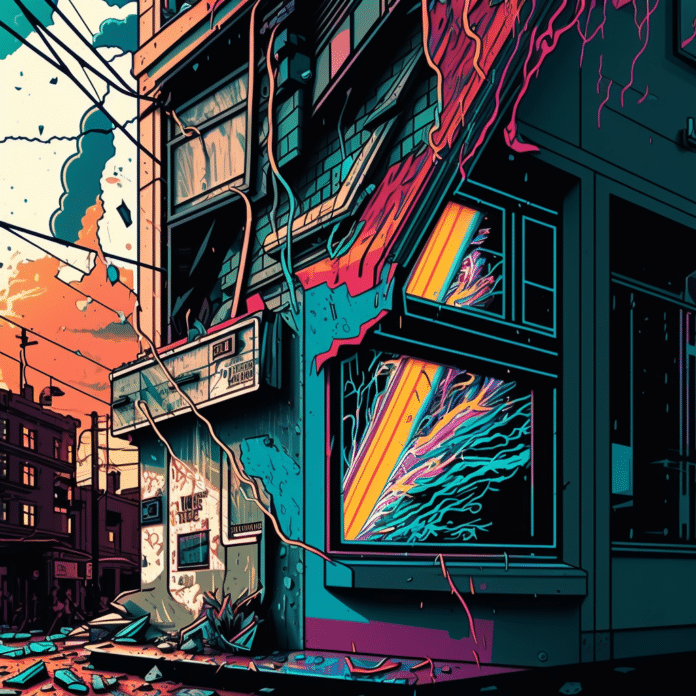As the world faces the looming possibility of a recession, one industry that’s been on the rise for the past few years is the metaverse. The metaverse, which was once just a concept in science fiction, has now become a reality with billions of dollars being invested into virtual reality and augmented reality experiences. The metaverse has been touted as the next frontier for commerce, entertainment, and communication. However, as the economy slows down, many are questioning whether the metaverse will be able to weather the storm of a recession.
“The metaverse is an exciting new development in the world of technology, but it’s still in its early days,” said Margot Rodde, founder of the Fortnite Creative studio Creators Corp in an interview with Digiday. “As the economy slows down, we’re starting to see brands become more cautious with their spending and re-evaluate their investments in the metaverse.”
The metaverse has been a hot topic in the marketing world, with brands eager to jump on the virtual reality bandwagon. Brands have invested heavily in virtual events, NFT drops, and other activations in the metaverse, but with the economy slowing down, the need for tangible revenue from these activations has become more pressing.
“In a down market, you have to ask yourself, ‘why am I doing this?’ And if the answer is to build a sustainable, revenue-generating business, that’s a great answer,” said Virtual Brand Group CEO Justin Hochberg also. “But if it’s anything else, you’re probably wasting your time.”
One of the biggest changes in the metaverse during a recession is likely to be a shift away from metaverse platforms and towards user-generated content. With the decline of the web3 space, many blockchain-based metaverse platforms such as Decentraland and The Sandbox have seen a decline in traffic. On the other hand, game-centric virtual worlds like Roblox and Fortnite continue to grow in popularity. Brands are becoming more aware of where people are spending their time and are more likely to spend their marketing dollars in the platforms that people are actually using.
“We call it the metaverse space, but the reality is, what we’re talking about right now is UGC gaming,” said Rodde. “For sure, brands will spend less, but not necessarily in UGC gaming, with its huge audiences and potentially new platforms that are going to pop up in that space, built by other gaming companies.”
Another area that is likely to change in the metaverse during a recession is the focus on creating tangible revenue opportunities. At present, most brand activations in the metaverse are focused on raising brand loyalty and awareness, with little thought given to e-commerce or the sale of virtual goods. However, as the economy slows down, brands will start to realize that they are missing out on a major opportunity by not including direct commerce in their metaverse activations.
“We think the biggest monetizable opportunities in these spaces are from the sale of digital collectibles,” said an executive at a major brand that recently launched in Roblox. “Some of those are going to be tickets, but virtual merchandise is a big part of it as well.”
While some brands are already taking advantage of the potential for e-commerce in the metaverse, there are still many that are yet to fully embrace it. Brands that are slow to adopt e-commerce in the metaverse are likely to be left behind, as their competitors reap the benefits of this new market.
“Brands need to start thinking about how they can generate revenue from their activations in the metaverse,” said Hochberg. “Otherwise, they’re just wasting their time and money.”















